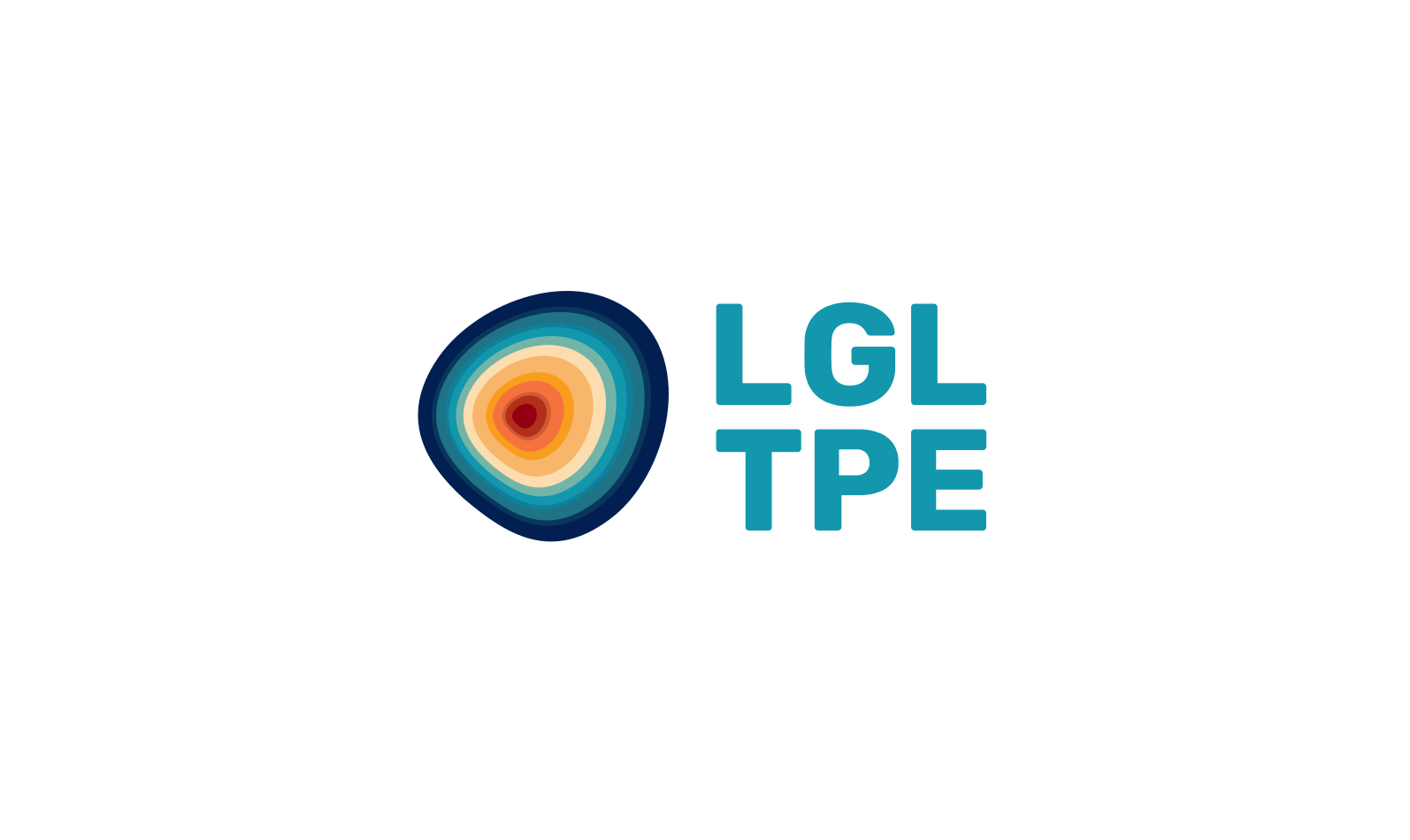Abstract:
“When money became currency. A history of the advent of money and monetization told by isotopes“.
Abstract: When Alexander the Great and his armies entered the palaces of the Persian rulers of Susa and Persepolis, they found gold and above all silver in their cellars in quantities that could have filled 150 35-ton trucks. Where did what was once the greatest treasure in the ancient world come from, and why had it been hidden with no apparent use under the feet of the Achaemenid rulers? The appetite for silver dates back to the Bronze Age. Three hundred years had passed since the kings of Sardis first minted money – an initiative doomed to failure simply because of the scarcity of gold – and two hundred since the first Greek coins. The frenzied monetization of silver was to fuel 300 years of wars around the Eastern Mediterranean. What were the commercial or military motivations of the coin’s inventors? From the Bronze Age to the present day, the mastery of silver metal was to make and break empires and shape international trade. We’ll see how isotopes shed light on the origin of silver metal, its metallurgy, and the constitution of the huge masses of silver that circled the Mediterranean. The vagaries of Plate Tectonics made Ancient Greece the original source of the world’s great treasures. This silver ended up in India and China, which were devoid of silver mines, in exchange for cotton, spices and precious stones, and thus defined the West-East trade as we know it today. Although numismatics can often be reduced to a collector’s passion, its alliance with geochemistry, archaeology, history, economics, plate tectonics and geology offers us an unexpected perspective on the construction of the modern economy and the rise and fall of empires.
